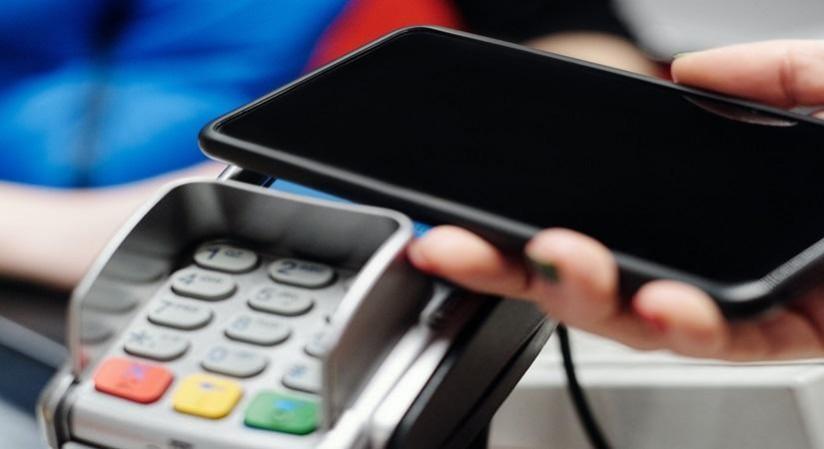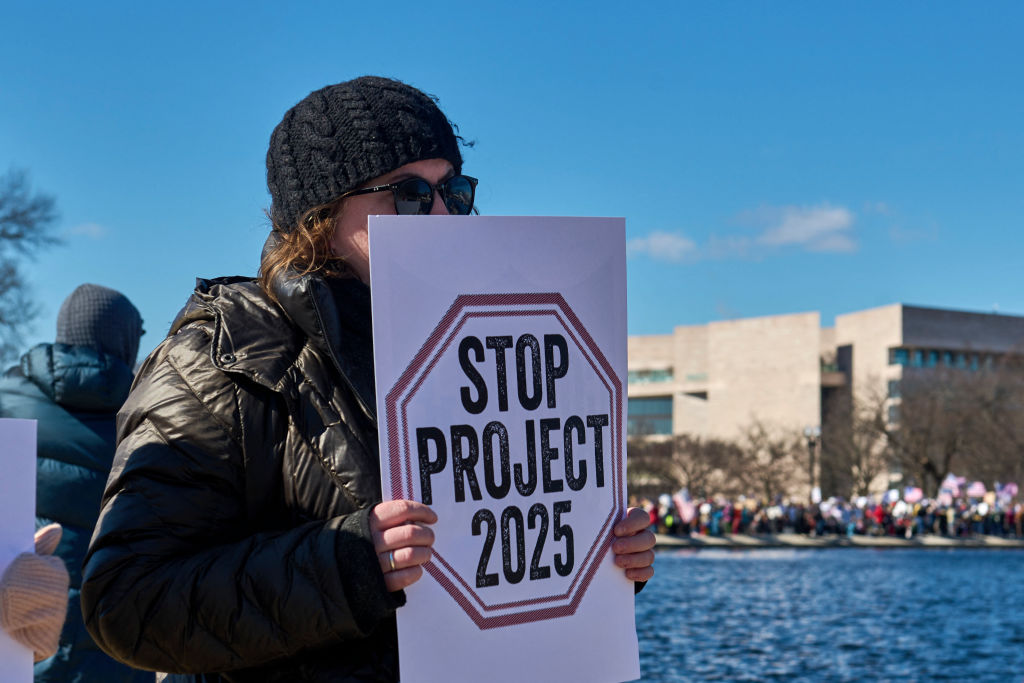In a significant move towards globalizing digital payments, the Indian Government has announced that Unified Payments Interface (UPI) will now be available in the United Arab Emirates (UAE). This development comes as part of the government’s ongoing efforts to promote UPI as a fast and efficient digital payment method worldwide. The National Payments Corporation of India (NPCI) International Payments Limited has joined hands with Network International, a leading digital commerce company in the Middle East and Africa, to facilitate this initiative. This partnership will enable Indian travelers and Non-Resident Indians (NRIs) in the UAE to make UPI payments through QR codes at Point of Sale (POS) machines.
Expanding UPI’s Global Footprint
Ritesh Shukla, CEO of NPCI International, expressed his views on this development. He stated that the growing acceptance of UPI payments among UAE merchants will not only provide convenience to Indian travelers but also foster the adoption of innovative digital payment solutions at an international level. The potential impact of this initiative is substantial, considering the volume of Indian travelers to the Gulf Cooperation Council (GCC) countries. According to an NPCI release, the number of Indian travelers to the GCC is projected to reach 98 lakh by 2024, with approximately 53 lakh likely to visit the UAE alone.
This move is a collaborative effort involving the Government of India, the Reserve Bank of India (RBI), and NPCI International, all working in unison to promote UPI on a global platform. The UPI system is already officially accepted in several countries, including Nepal, Sri Lanka, Mauritius, Singapore, France, and Bhutan, and now adds the UAE to its list.

Surge in UPI Transactions and the Role of Data Streaming
The UPI platform has witnessed a significant surge in transactions recently. NPCI data reveals that the number of transactions on the UPI platform in June was 13.9 billion, marking a 49% increase on an annual basis. During this period, the average number of transactions through UPI was 463 million per day, and the average transaction value was Rs 66,903 crore per day. The surge in UPI transactions can be attributed to two key factors. Firstly, the linking of RuPay credit cards with UPI has played a significant role in boosting transactions. Secondly, the launch of UPI in foreign countries has also contributed to this increase.
This development is a testament to India’s growing digital economy, which is increasingly relying on real-time data and digital transactions. A recent report by data streaming company Confluent highlighted that about 95% of India’s IT leaders with experience in data streaming reported a remarkable 2 to 10 times return on investment (ROI) from their data streaming initiatives. This underscores the critical role of real-time data in the country’s digital economy.
The report also revealed that 94% of these IT leaders prioritize data streaming as a key IT investment in 2024, surpassing global figures and ranking highest among the surveyed countries. Rubal Sahni, Area VP and Country Manager for India at Confluent, echoed these findings, stating that data streaming technologies are delivering exceptional returns.
In conclusion, the introduction of UPI payments in the UAE is a significant step towards the global adoption of digital payment solutions. It not only provides convenience to Indian travelers and NRIs but also promotes the use of innovative digital payment solutions internationally. With the increasing acceptance of UPI payments worldwide, it is clear that the future of digital payments is here, and it is more global than ever before.








 How much do you need to start investing?
How much do you need to start investing?